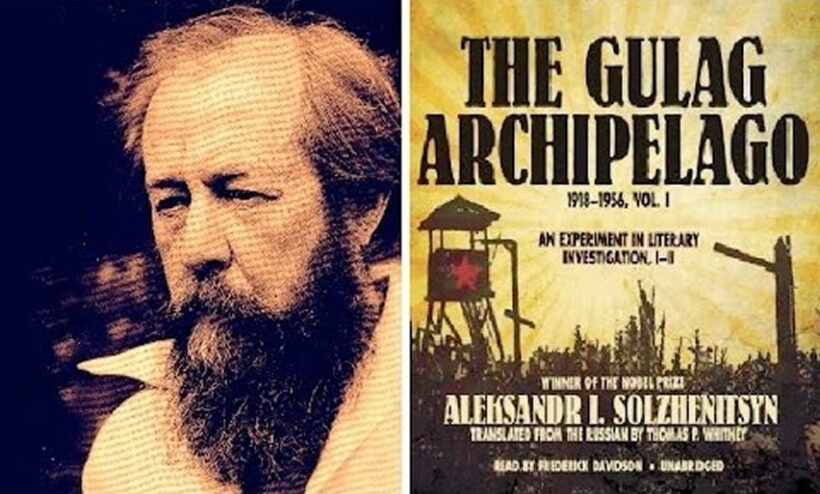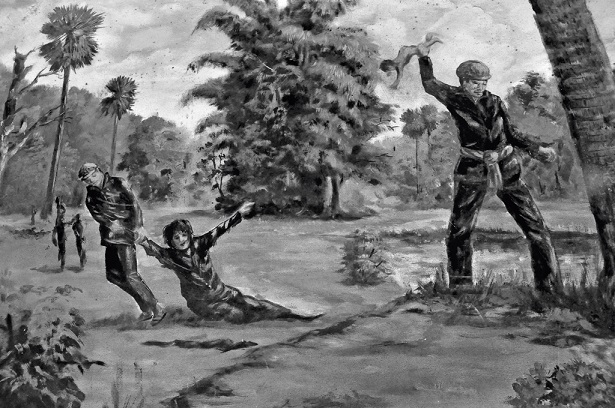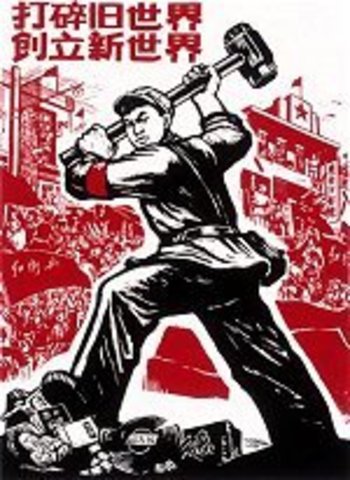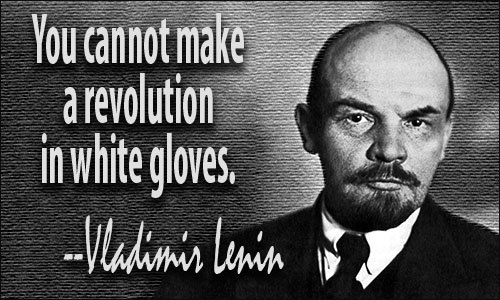Communism, Chapter 7: The Long March through the Institutions
In the 1930s in Italy, an imprisoned Communist, Antonia Gramsci, was writing his “prison papers” opining that the dismantling the key cultural institutions, including the family, was necessary before Communism could take hold. Rudi Dutschke, a German Neo-Marxist in the late 1960s, followed on with this theme declaring that revolution would not succeed by violent over-throw, but by subverting society through “a long march through the institutions of power;” education, media, civil service, and judiciary.
Continue Reading












